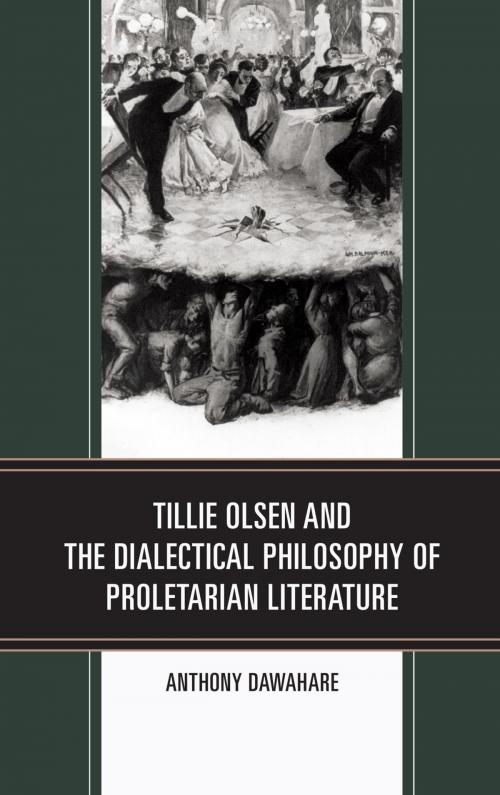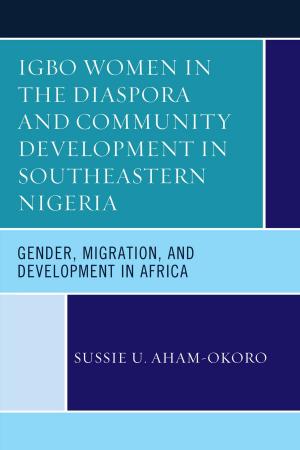Tillie Olsen and the Dialectical Philosophy of Proletarian Literature
Fiction & Literature, Literary Theory & Criticism, Women Authors| Author: | Anthony Dawahare | ISBN: | 9781498578745 |
| Publisher: | Lexington Books | Publication: | October 19, 2018 |
| Imprint: | Lexington Books | Language: | English |
| Author: | Anthony Dawahare |
| ISBN: | 9781498578745 |
| Publisher: | Lexington Books |
| Publication: | October 19, 2018 |
| Imprint: | Lexington Books |
| Language: | English |
Contrary to previous studies of Tillie Olsen’s writing, Tillie Olsen and the Dialectical Philosophy of Proletarian Literature analyzes the impact of one of the most important philosophies of the last century, dialectical materialism, on the form and content of Olsen’s fiction. By revealing the unconceptualized dialectics of Olsen’s work and its appreciation by scholars and casual readers, this study achieves a dialectical synthesis that incorporates and extends the insights of and about Olsen in terms of dialectical materialism. By foregrounding Olsen’s dialectical approach, it explains and largely resolves apparent contradictions between her Marxism and feminism; her depictions of class, race, and gender; the literature of her earlier and later periods; and her use of realist and modernist literary forms and techniques. Consequently, this project makes a case for the importance of Olsen’s Marxist education during the “Red Decade” of the 1930s and within the U.S. proletarian literary movement.
Contrary to previous studies of Tillie Olsen’s writing, Tillie Olsen and the Dialectical Philosophy of Proletarian Literature analyzes the impact of one of the most important philosophies of the last century, dialectical materialism, on the form and content of Olsen’s fiction. By revealing the unconceptualized dialectics of Olsen’s work and its appreciation by scholars and casual readers, this study achieves a dialectical synthesis that incorporates and extends the insights of and about Olsen in terms of dialectical materialism. By foregrounding Olsen’s dialectical approach, it explains and largely resolves apparent contradictions between her Marxism and feminism; her depictions of class, race, and gender; the literature of her earlier and later periods; and her use of realist and modernist literary forms and techniques. Consequently, this project makes a case for the importance of Olsen’s Marxist education during the “Red Decade” of the 1930s and within the U.S. proletarian literary movement.















